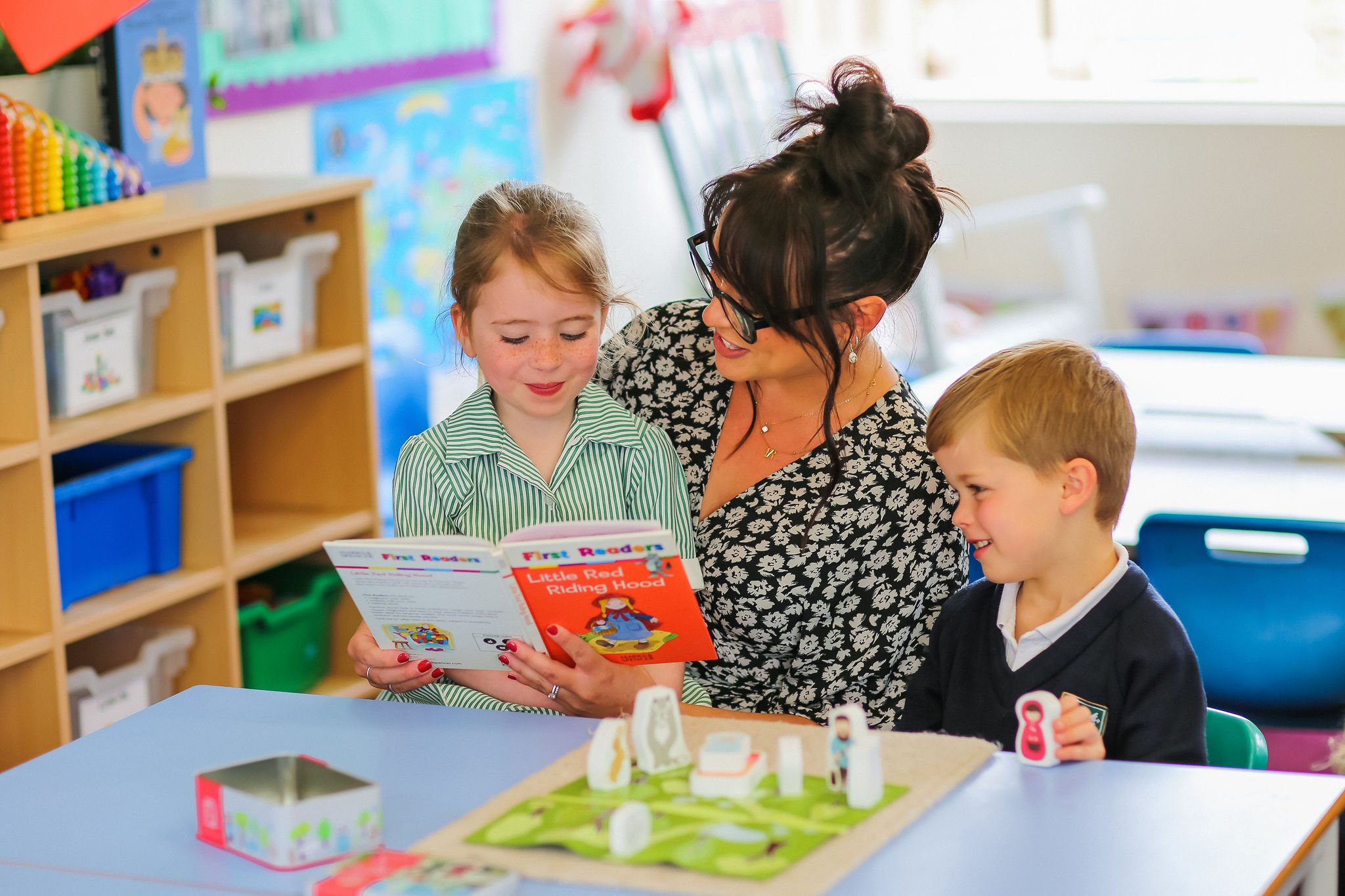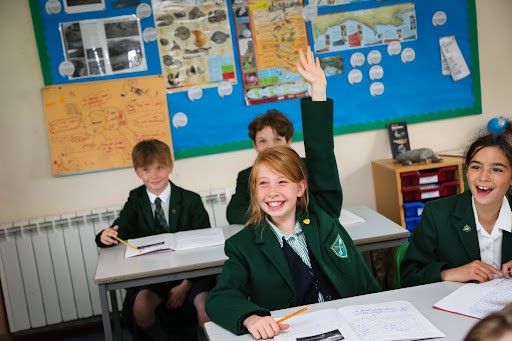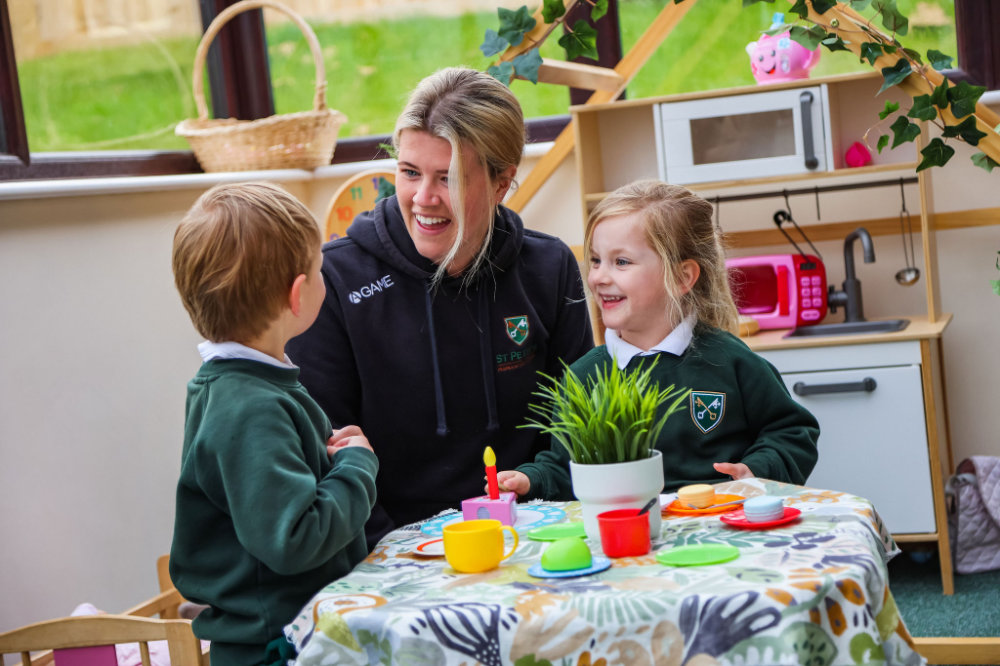The bottom line is that — as much as we would like them to — children don’t come with instructions. Trying to work out how to reinforce positive behaviour and reduce negative behaviour can be a minefield.
As our private school in Devon we understand how beneficial positive reinforcement techniques can be in guiding children towards good behaviour and well-rounded personal development.
What is Positive Reinforcement?
Sometimes when children do something good or well, we reward them for doing so. This could be an immediate treat or a star on a chart; this is called positive reinforcement.
In operant conditioning, positive reinforcement comprises the addition of a reinforcing stimulus following a particular behaviour; i.e. a child is given a treat like a new toy or special day out after they’ve kept their room tidy for a month. This makes it more likely that the behaviour will happen again in the future.

Positive Reinforcement Helps Children Grow and Develop
When it comes to positive reinforcement, one of the most important things to remember is to compliment and praise the actual behaviour, not the child themselves.
Praising the behaviour over the personality of a child supports growth and also promotes a sense of self-efficacy. This is because learning new skills is within their control, unlike personality traits which are more innate.
Positive Reinforcement Helps Children with Competence and Autonomy
When you reinforce positive behaviour you are doing your child a great service. Focusing on and rewarding that particular behaviour enables them to practise their strengths and skills.
Repeated negative discipline can result in a child feeling incompetent and also stifle any creativity they might have.

How Should I Use Positive Reinforcement for My Child?
There are many ways to give your child positive reinforcement and, ideally, these will correspond with your child’s personality and how they receive love or appreciation. The idea is to use positive reinforcement to encourage desired behaviour more frequently.
Recognising Good Behaviour
Common forms of positive reinforcement include:
- Recognition for something well done
- Smiles
- Hugs
- Compliments
- Quality time doing something that is special to them
- Displaying work proudly
- Giving varied choices for activities or dinner.
Children respond well to positive reinforcement because, at any age, they want to please their parents, teachers or primary caregivers, and want to be seen and acknowledged for making good choices. When we praise these good choices, it encourages children to repeat them.
Using positive reinforcement also helps to change children’s behaviour, which is no easy feat. Change for anyone boils down to time, perseverance and, of course, patience.
The fastest way to get a behaviour to stick for anyone is the consistency and frequency of a desired behaviour or habit. The time between the behaviour and the reinforcement is crucial for the positive reinforcement to create the wanted impact of repeated behaviour.
The Importance of Positive Reinforcement in the Classroom
Ultimately, practicing regular positive reinforcement with your children can be advantageous for a couple of reasons.
Avoiding Negative Discipline
One very notable benefit of positive reinforcement over all other kinds of discipline is that it helps parents and teachers avoid all the unfavourable impacts that negative discipline can have on a child, now and later on in life.
Building Confidence
It helps children create a sense of identity and also builds up their self-esteem which is necessary for all stages of life. Building self-esteem young is critical as their childhood will contribute to the lifelong foundations of their sense of self.
Some have argued that there is no difference between positive reinforcement and bribing. However, there is a big difference, as a bribe is offered or given before the desired behaviour, while a reward is given, in most cases, after the behaviour has occurred naturally of their ‘own free will’. It is not necessarily about giving your child something after they do something you approve of, but about behaving in a particular way to show they have done well, so they understand to perform that behaviour again.
Here at St Peter’s Prep, we want children to be the happiest that they can be, which includes keeping their self-esteem high and improving their emotional growth. To find out more about St Peter’s Prep and our private primary school scholarship opportunities, please request a prospectus or get in touch.











